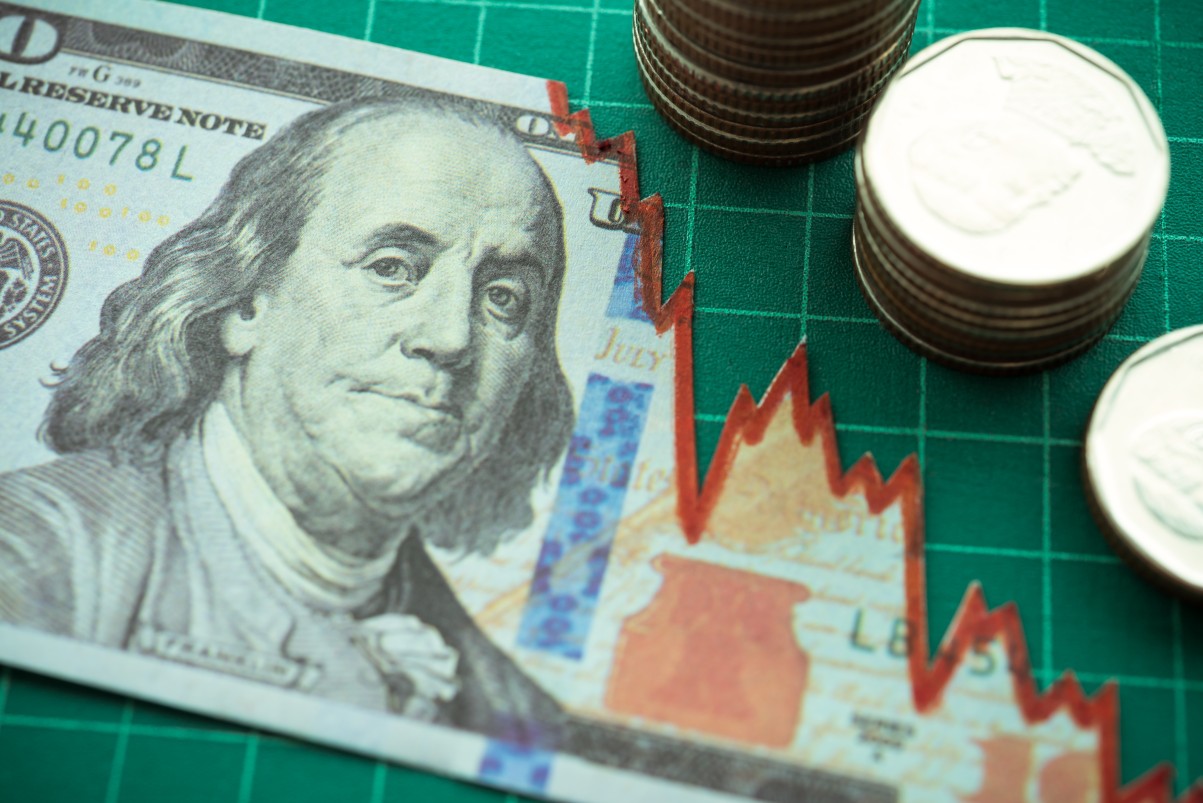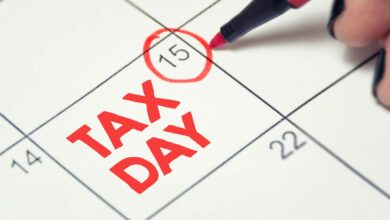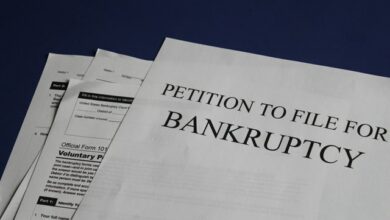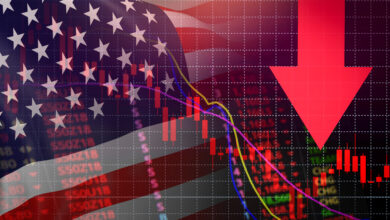A
A
A
On Nov. 3, the Federal Reserve raised interest rates by 75 basis points to a range of 3.75% to 4%. The move was widely expected after reports released in October showed that inflation was still running at over 8% and the labor market was still strong. While further rate increases are expected, Fed Chairman Jay Powell said that the pace of those hikes will be dependent on a number of factors.
How Much Higher Will Interest Rates Go?
Prior to Powell’s comments on Nov. 3, it was expected that the Fed’s terminal rate would be 4.75%. In other words, that was the point at which borrowing costs would be high enough to dent demand and put downward pressures on inflation. However, Powell said that it may be necessary to raise rates beyond 4.75% if future reports indicate that inflation is not moving in the right direction.
The Market Is Hoping for a Pivot Soon
Read More »
There is generally a correlation between interest rates and the stock market. Typically, when rates are low, capital flows into stocks because they tend to offer the best return on investment. Furthermore, during periods of low interest rates, it’s easier for companies to take steps to increase earnings, which can make their stocks even more attractive to investors. Essentially, it’s a positive feedback loop that often results in sustained growth over several months or years.
However, when interest rates rise, corporate earnings tend to fall off as it becomes more expensive to do business. Investors may also have less capital to invest in stocks or simply feel as if there are better ways to earn a return on their capital. Therefore, it is no surprise that equity markets have generally risen upon hints of a pivot and fallen upon news indicating that inflation is still an issue.
During Powell’s press conference, markets shot up about 1% upon hearing news of a possible slowdown in rate hikes. They then dropped nearly 1% for the day after Powell said that rates won’t come down until inflation comes closer to the Fed’s 2% goal.
How Fast Will Rates Continue to Rise?
Powell didn’t specifically say that the pace of rate hikes will be slowing in the future. However, it’s widely believed that rates will increase by 50 basis points in December. It’s also expected that a rate hike of 25 basis points will be announced when the Fed meets again in March 2023. That would be enough to bring rates up to about 4.75%. If the Fed decides that rates need to go higher, it could opt to raise rates by 50 basis points in March or opt for additional 25 basis point increases throughout 2023.
Will There Be a Recession?
Recent economic data is mixed as it relates to whether or not rate hikes are actually having any real impact on inflation. In October, it was reported that the economy added 263,000 jobs and that wages increased by 5.2% on an annualized basis between July and September. Those figures were down from 537,000 in July and 5.7% during the second quarter of the year.
However, there were 10.7 million job openings in September, which is significantly higher than in the second quarter of 2022. Furthermore, reports indicate that consumers believe that inflation is going to remain steady or continue to rise over the course of the next year.
Of course, it can take several months for rate hikes to have a tangible impact on the economy. Therefore, it may be impossible to predict if a recession will occur until one actually happens. It’s worth noting that economic output actually declined for two straight quarters to start 2022, which technically means a recession already occurred.
What Rate Increases Mean for You
When the Fed raises interest rates, it means that banks will increase the interest rates that they charge for mortgages, auto loans and credit cards. If you have a fixed-rate mortgage or auto loan, this will not apply to you as the rate that you have is good for the life of the loan. However, if you have variable rate loans, it may be a good idea to look into refinancing if possible. You may also want to create a plan to pay off credit card or other balances as quickly as possible to avoid paying more interest than you have to.






